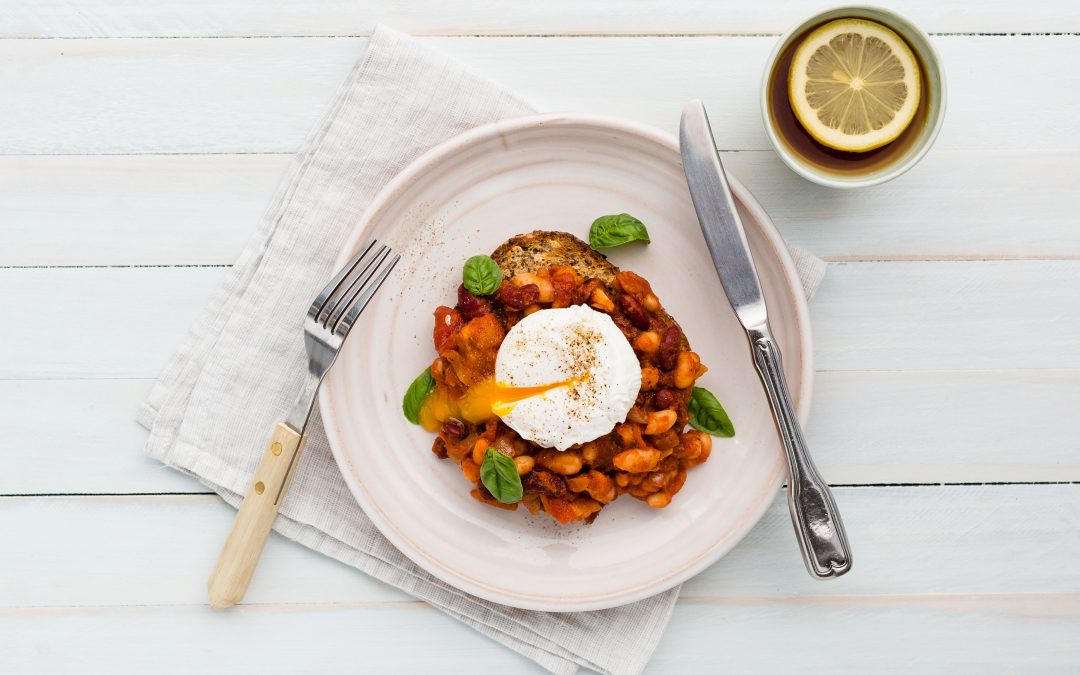
Plants are so important in our diet. They are packed with a range of vitamins and minerals, some with greater amounts of minerals than others. For example, a red capsicum contains about 3x the amount of vitamin C of an orange.
Plants contain phytochemicals, of which have strong antioxidant actions. These phytochemicals include pigments such as carotenoids, or polyphenols such as flavonoids like anthocyanins (1). The antioxidant action of these have shown to have major protective health effects, particularly against chronic diseases like cancers.
Plants are also one of our biggest sources of dietary fibre, important for maintaining good gut health. But while plants can provide us with a wide range of incredible nutrients, there are a few key nutrients that most plants don’t contain in sufficient volumes. Therefore, if we are following an entirely plant-based vegan diet, we aren’t able to obtain and absorb these nutrients in the necessary amounts.
A few key nutrients to focus on when following a plant-based vegan diet are:
Vitamin B12
The best sources of vitamin B12 are animal derived products, so those following a vegan diet do need to look to fortified foods such as fortified breads, or yeast extracts and spreads for their vitamin B12, or see their health professional about supplementation.
Iron
Plants do contain iron, in a form called non-haem iron, which is different to the iron from animal products known as haem iron, and is much less readily absorbable than the latter. It’s important to pair iron rich foods (leafy greens, nuts, dried fruits and whole grains) with vitamin C rich foods (capsicum, citrus), as this aids the absorption. It’s also important to regularly check iron levels with a health professional. Spirulina is a great algae source of iron and protein.
Omega-3 fatty acids
Omega-3 fatty acids are important for membranes and brain structure. Oily fish is the top source of omega-3 however, plant-based sources include flax/linseeds, chia seeds, hemp seeds, walnuts and soybeans.
Information from:
1. Natural Antioxidants from Plant Material. D. E. Pratt. Phenolic Compounds in Food and Their Effects on Health II. October 1, 1992 , 54-71 DOI:10.1021/bk-1992-0507.ch005
2. https://www.aicr.org/reduce-your-cancer-risk/diet/elements_phytochemicals.html
3. https://www.bda.uk.com/foodfacts/plant-based_diet

